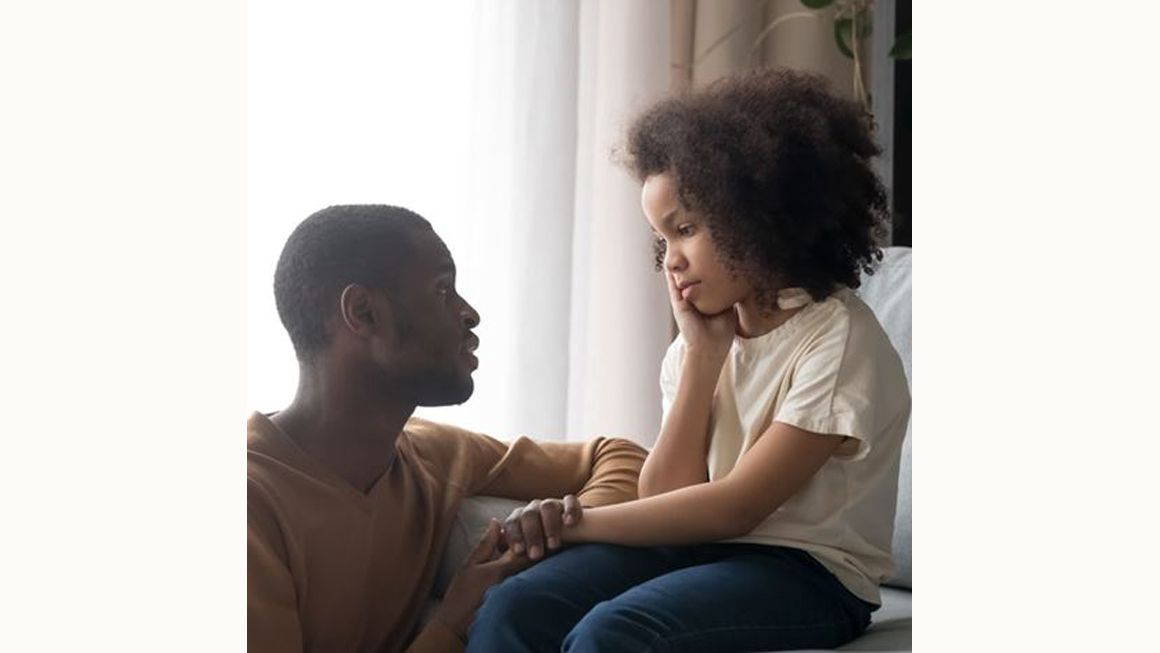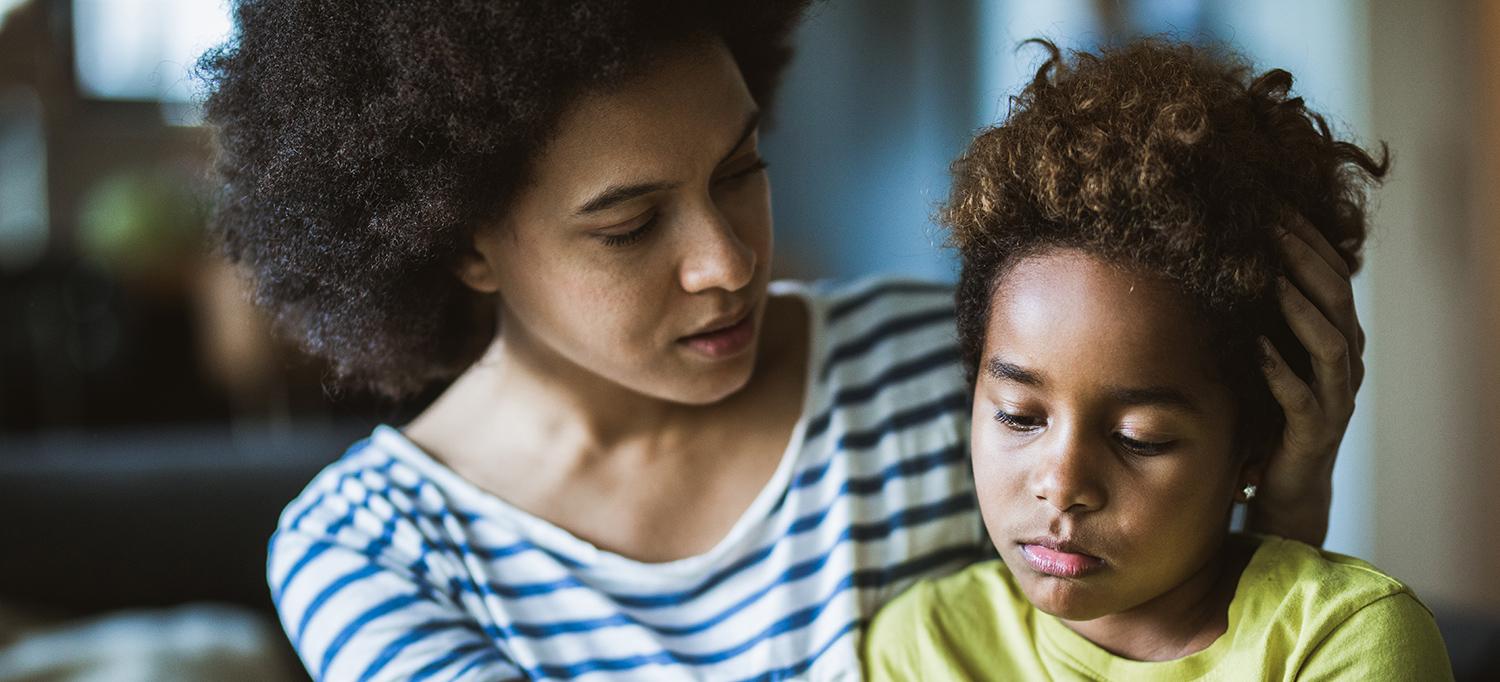The Hidden Pandemic is how Dr. Susan Hillis refers to children left without parents or caregiver grandparents as a result of COVID-19. Hillis understands the magnitude of this issue more than most. The epidemiologist, who serves on the CDC COVID-19 International Task Force, has found that 140,000 US children have lost their caregivers due to the pandemic. That means one child left without a loving, caring mother, father, or kinship guardian, for every four COVID-related deaths. Hillis is calling for urgent action to address the effects of the worst possible loss a child can experience.
Of the many needs of children a sense of security is probably the most important. Children thrive on routine, for example knowing that dinner will be served at the same time every night. But children also need basic daily care, which includes, for example, clean clothes, regular baths, and nutritious food.
Most of all, of course, children need love. Children, especially young children, simply do not have the emotional tools to cope with the loss of a parent. Much of the time, they are left with no one to care for them. Or at least not with the same love and dedication as the parents they lost. And that is why Hillis has dubbed this the “hidden pandemic.” In all the many news stories about COVID-19, these children—and their suffering—have not come to light until now.
Hidden Pandemic Targets Minority Children
One of the more painful aspects of the hidden pandemic, of course, is the way it targets children from minority groups. Most of the children affected, in fact, are from racial or ethnic minority groups. According to Hillis, a full sixty-five percent of children orphaned due to COVID-19 are from minority communities. This extreme disparity makes a tragic kind of sense, since the majority of those killed by COVID-19 have been people of color. For these children, coping with orphanhood is made worse by disadvantage.

Hillis’ hidden pandemic study was published in early October. By now, the number of children orphaned in this hidden pandemic will have risen from 140,000 to some 175,000. That number will continue to rise as long as the pandemic continues.
When an adult loses a loved one, we comfort them by saying that the pain lessens over time. It’s different, however, for a child. When a child loses a parent or caregiver, the tragedy stays with them throughout their childhood. No one can compensate for the loss. But as Hillis suggests, understanding, support, and practical help can make for a better outcome. We need to ensure that children affected by the hidden pandemic have their basic needs cared for and are placed in loving, safe, nurturing, and understanding homes.
Loss of a Parent in Childhood
Hillis defines orphanhood as losing one or both parents. The loss of a parent in childhood is considered a significant trauma. Losing a parent as a child, in fact, is categorized as an Adverse Childhood Experience (ACE). Experts have found a link between the number of ACEs and poor outcomes later in life. The more ACEs, the greater the risk for developing heart disease, diabetes, obesity, depression, substance abuse, smoking, poor academic achievement, unemployment, and even early death in adulthood.
The immediate impact of the hidden pandemic, on the other hand, is more likely to be emotional: about finding a way to cope. It’s not uncommon for a child who loses a parent to experience a mental health crisis. Children who lose a parent have a greater risk for suicide. They may be exposed to sexual, physical, and emotional violence, and also exploitation. Added to these issues, children who lose parents in childhood are at risk for food, financial, and housing insecurity.
One of the worst things about COVID-19 is the way our loved ones were alone when they died: how we couldn’t say goodbye to them. The same is the true of children orphaned as a result of the pandemic. Many of the children never got to visit their parents or caregivers in the hospital. They didn’t get to say goodbye.

No Chance to Say Goodbye
Not having a chance to say goodbye makes coping with grief, that much harder. Not having your parent to help you through the most difficult experience of your young life, also intensifies the grief and mourning process.
Hillis and her co-authors are calling for government policy action. There needs to be a fourth pillar added to the COVID response, according to Hillis. Hillis suggests that this pillar be named “Care for Children.” Such a program would involve coming up with ways to locate these orphaned children, and find the resources to assess and keep track of them. The program would need to find a way to get appropriate care for the children along with financial help for the families who take them in.
Hillis suggests there is no time to waste in creating a mechanism for helping those children affected by the hidden pandemic. “Children facing orphanhood as a result of COVID is a hidden, global pandemic that has sadly not spared the United States. All of us—especially our children—will feel the serious immediate and long-term impact of this problem for generations to come. Addressing the loss that these children have experienced—and continue to experience—must be one of our top priorities, and it must be woven into all aspects of our emergency response, both now and in the post-pandemic future,” says Hillis.
Stepping in to Help
It is clear that an effective response must be found for children who have suffered such profound loss as a result of COVID-19. The situation is urgent and the world must step in to help. There is no one else to advocate for the orphans of the hidden pandemic.
